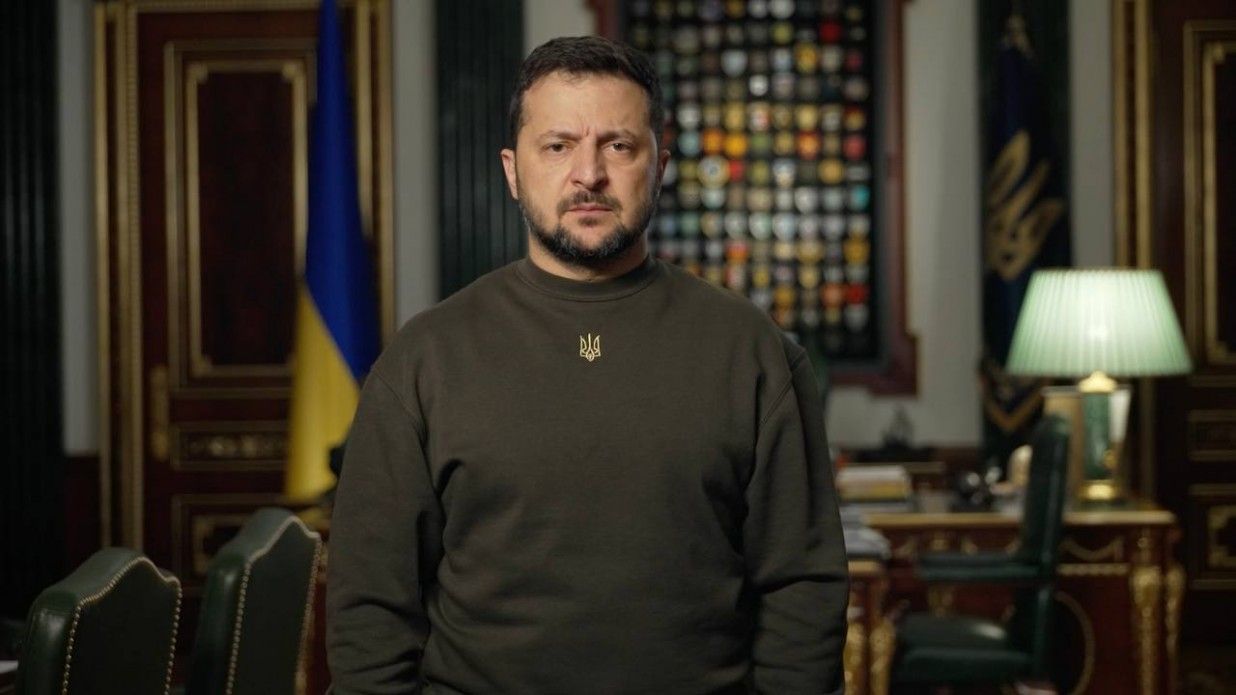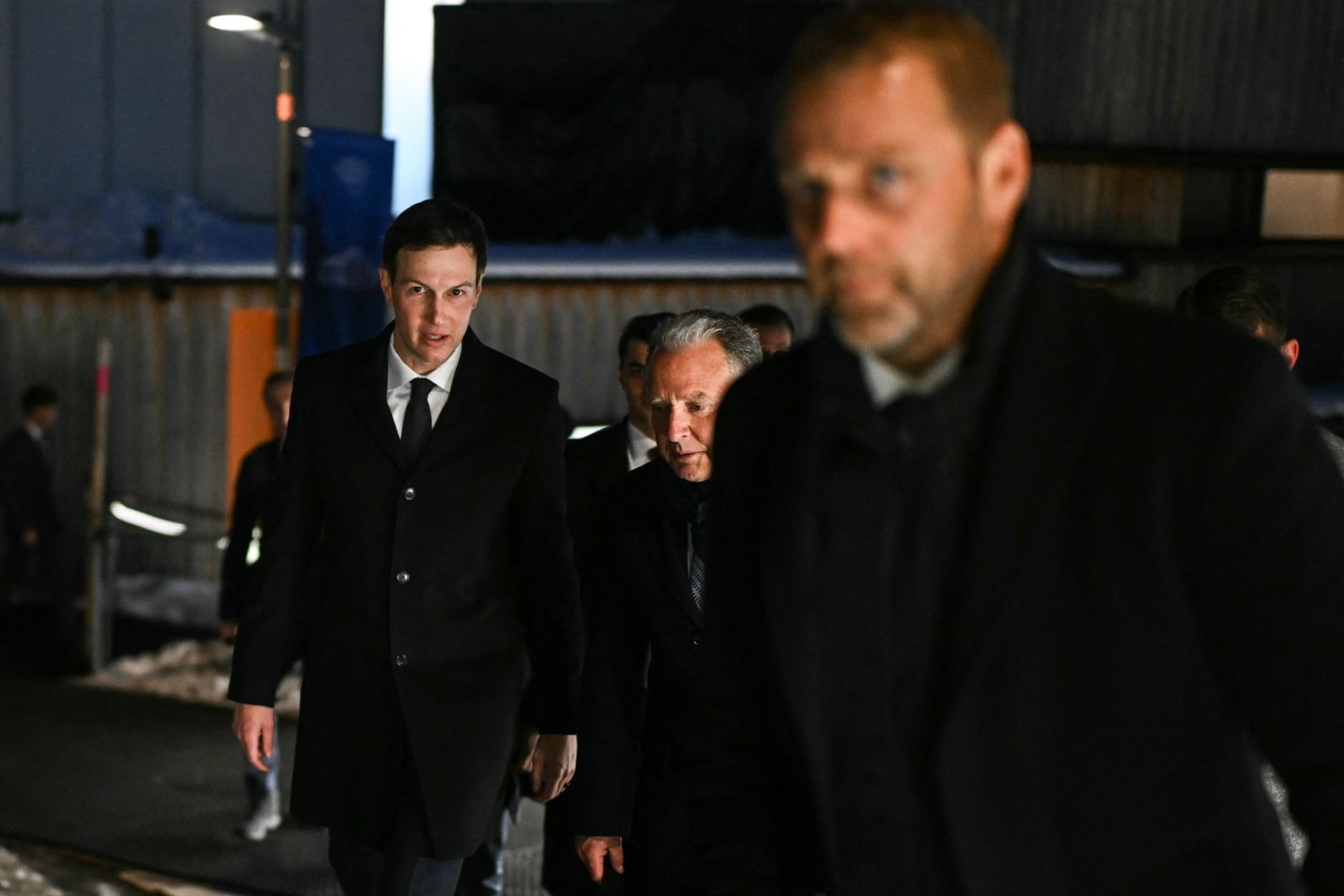Poll: Over half of Ukrainians in front-line, liberated regions lack news about war progress

In Ukraine’s front-line and liberated regions, 57% of residents would like to see more news about the progress of the war with Russia, a poll by the Kyiv International Institute of Sociology (KIIS) found.
About a third of respondents said they lack information on state support programs, services available in the community, and reconstruction plans.
KIIS interviewed 1,000 adults in the Ukraine-controlled parts of front-line and border oblasts on Aug. 7-12 to discover their media consumption patterns. Those regions are Donetsk, Luhansk, Dnipropetrovsk, Zaporizhzhia, Mykolaiv, Odesa, Sumy, Kharkiv, Kherson and Chernihiv.
As for trust in news sources, Telegram channels lead the race, with 51% of respondents expressing confidence in them. Telegram channels are followed by international media (47%), Ukrainian online media (45%), the national TV marathon (44%) and radio (37%).
According to the survey results, 16% of Ukrainians in front-line and liberated areas receive news from Russian sources weekly or daily.
Among primary motivations for this, the respondents named the need to compare information between Ukrainian and Russian sources (17%), interest in how Russia presents news (14%), pro-Russian sentiments (11%), and the desire to be informed about events in Russia due to their importance for Ukraine (11%).












